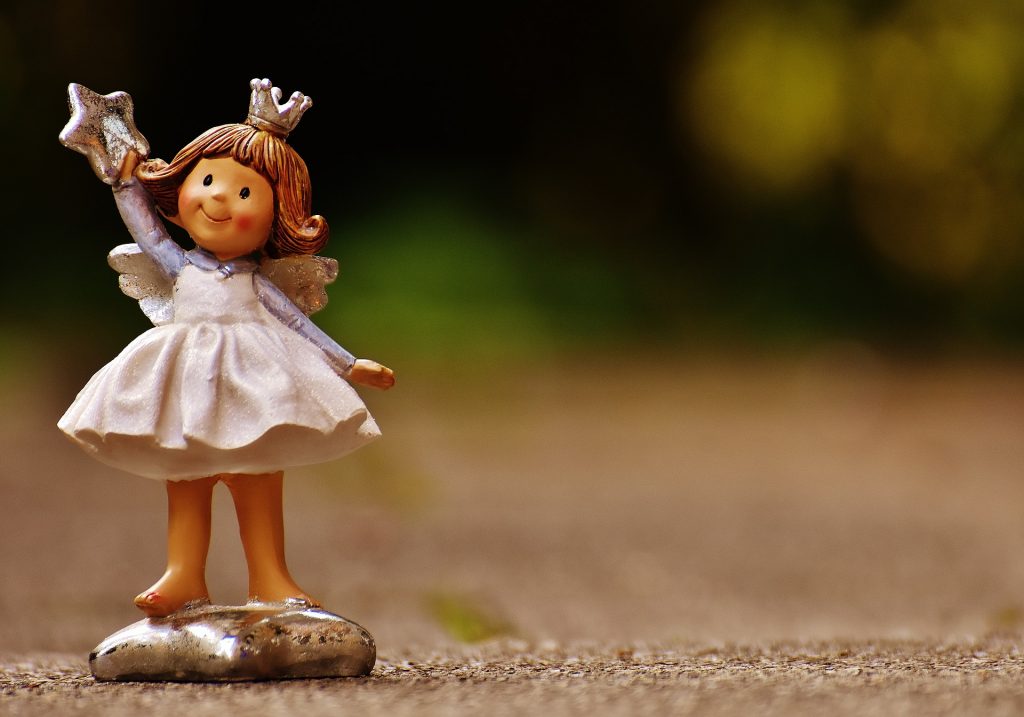
I knew there was something off about my mental processes, right before I descended into my three-year struggle with depression and anxiety. The people around me also knew because my personality and actions were were slowly veering from how they are normally.
My mind was a negative feedback loop. Something terrible would happen or I would feel bad, which would in turn plunge me even further into despair and insanity. This feeling of helplessness and self-loathing, in turn, ruined my confidence and diminished my quality of life. I lived in a terrible cycle, that culminated into a number of regrettable decisions and quite a few lectures from my parents and friends.
I knew something was wrong, but it took me six months to act on it, because I was scared and ashamed. Mental illness carries an enormous stigma in the South Asian and Muslim communities. Also, I didn’t want the people close to me to think that I was insane or incapable of being myself. I was also timid about taking medications for my depression, because of my family’s foray into mental health treatment. Counseling and medication scared me; my worst fear was getting hauled away to a mental institution. During those six months, I felt unimaginable loneliness
[Read Related: #TherapyTalk: How to Talk About Feelings When You’ve Been Told Not To]
However, once I began telling trusted friends and my parents about my mental health problems, I felt confident in fixing myself before I completely ran my life into the ground. I was also writing poetry and taking time to learn about myself. Eventually, I realized that I had to leave my old environment for a more positive and rewarding place. For me, it meant leaving engineering school in Atlanta to pursue a health degree at a small, middle-of-nowhere school. Granted, people saw me differently, maybe even lost respect for me, when I left my prestigious major for a “lower major,” bu, I didn’t care. I was starting to live my life for myself and not for other people’s expectations.
I understand that I got lucky. I had friends who saw the early signs of psychosis, because they had their own experiences with poor mental health. Also, I had the opportunity to change my environment with support of the people most important to me. Many people don’t get the chances I had and I sometimes feel that I got away from self-destructive nature very easily. I admit that I regret losing two years of my life to my mental health issues; it’s as if those cherish years of youth were stolen from me. However, now, I’m making up for lost time. Now that I’m in a major I’m passionate about, I can make the grades I want and still have time to pursue extra projects.
[Read Related: 5 Myths About Therapy Every Millennial Has Thought About At Least Once]
It baffles me to think that I was on the verge of death only a few months ago, but I take each new day one step at a time. Sometimes, my depression comes back with a vengeance; however, I remember to stay positive. I think part of overcoming mental illness is just learning to have faith in yourself again.
Therapy and medicine are only part of the journey to healing. Things get much worse before they ever get better. Getting better also means coming to terms with the things you can and cannot change in your life. It means gaining control and finding perspective. Give yourself time. Go easy on yourself when you’re hurt and step up your game when you’re not being fabulous.




